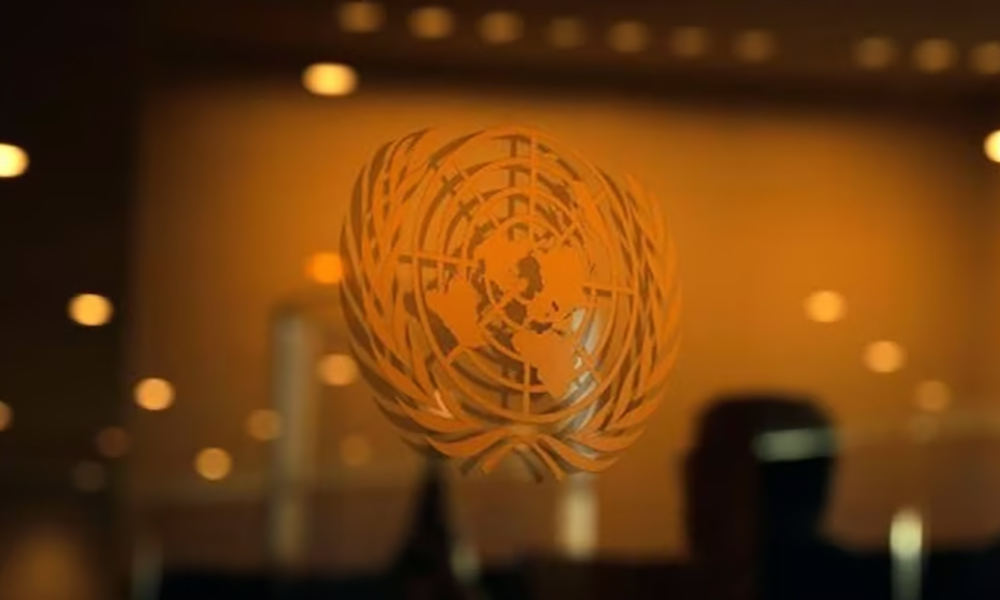Responding to indications by the UN in Afghanistan that the Islamic Emirate of Afghanistan (IEA) plans to stop Afghan women from working for the organization has sparked widespread concern among the international community.
In a tweet on Wednesday, former US special envoy for Afghanistan Zalmay Khalilzad said the IEA had to respect women’s rights to education and work in the “public and private” sectors during Doha negotiations.
He said the IEA must fulfill its commitment to the agreement.
Khalilzad also said any decision to ban women from working in UN offices is “wrong” and will increase the suffering of the Afghan people.
According to him, such actions will reduce humanitarian aid to the country and emphasized that a decision of this nature would complicate the interactions of the international community with the IEA and harm the interests of Afghanistan.
“Afghan women have the inalienable right to study and work, these rights are recognized in Islam and international conventions,” Khalilzad tweeted.
Concerns were raised on Tuesday when the United Nations Assistance Mission in Afghanistan (UNAMA) got to hear that the IEA was clamping down on its female staff.
In a tweet on Tuesday, UNAMA said its female staff in Nangarhar had been stopped from reporting for work. Reuters then reported that the instructions were applicable countrywide.
UNAMA expressed its concern and warned the IEA it would not be able to continue its work without female employees.
UN Secretary-General Guterres tweeted: “I strongly condemn the prohibition of our Afghan female colleagues from working in Afghanistan’s Nangarhar province.”
“If this measure is not reversed, it will inevitably undermine our ability to deliver life-saving aid to the people who need it.”
The Special Rapporteur on the situation of human rights in Afghanistan, Richard Bennett, also reacted on his Twitter page and said the IEA decision to ban Afghan women UN staff from working is another gross violation of their fundamental rights, is against the UN Charter and will seriously impact essential services for Afghans. Women staff are essential, he said.
“I urge Taliban (IEA) to reverse the decision immediately,” Bennett tweeted.
